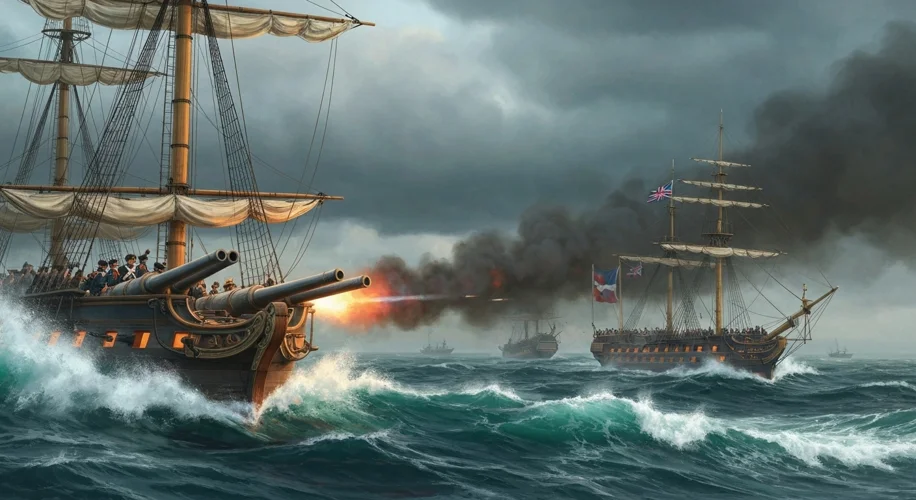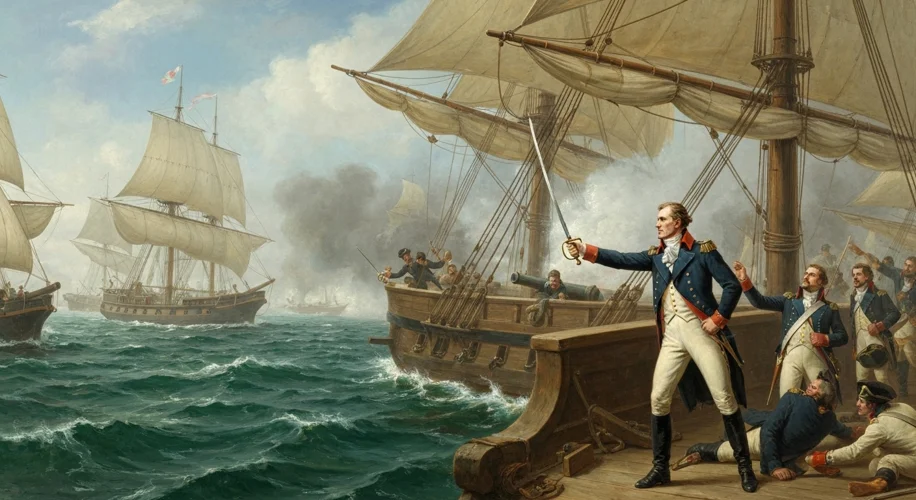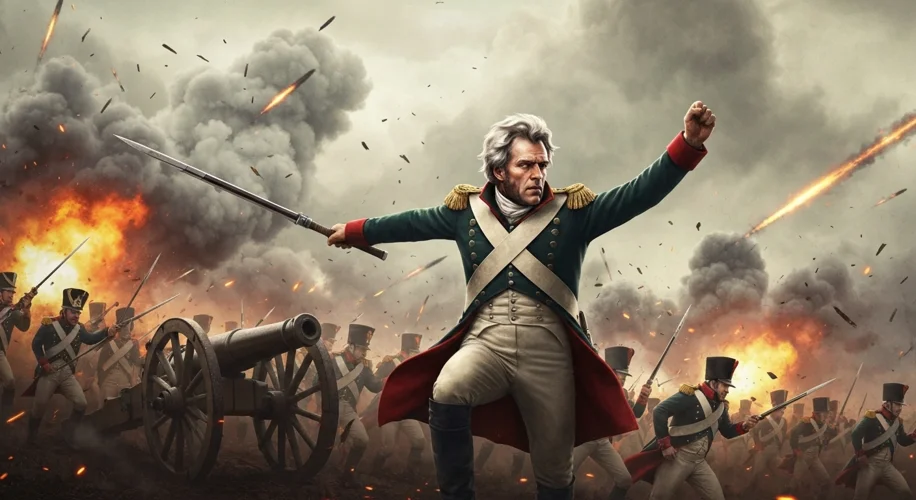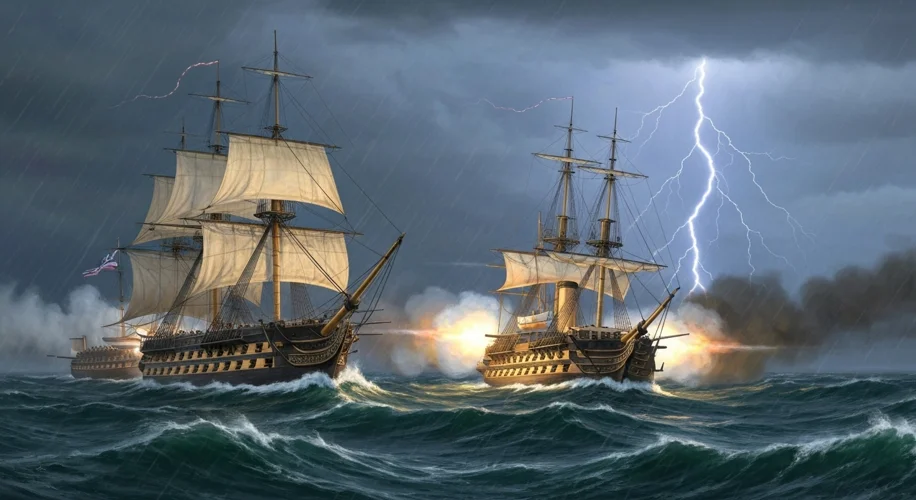The year is 1812. A young United States, still finding its footing on the world stage, found itself once again at odds with its former colonial master, Great Britain. This wasn’t a clash born of a single spark, but rather a slow burn fueled by maritime grievances, territorial ambitions, and a deep-seated sense of national pride. The War of 1812, often called “America’s Second War of Independence,” remains a complex chapter in history, where victory was claimed on multiple fronts, yet definitive triumph eluded both sides.
At its heart, the conflict was ignited by a series of British actions that chafed American sensibilities and threatened its sovereignty. Foremost among these was the impressment of American sailors. British naval patrols, desperate for manpower to fight Napoleon in Europe, routinely stopped American merchant ships and forcibly recruited sailors, claiming they were British deserters. Imagine the outrage: your countrymen, sailing under their own flag, snatched away by a foreign power, forced into service against their will. This violation of personal liberty and national sovereignty was a burning indignity.

Beyond impressment, the British also interfered with American trade, imposing blockades and seizing goods destined for French ports. This, coupled with rumors of British support for Native American tribes resisting American westward expansion in the Northwest Territory, painted a picture of a nation actively undermining American interests. Young, ambitious politicians in Congress, known as “War Hawks,” such as Henry Clay and John C. Calhoun, clamored for war, seeing it as an opportunity to assert American strength, expand the nation’s borders (particularly into Canada), and defend its honor.
However, the United States was far from prepared for such a monumental undertaking. Its regular army was small and ill-trained, its navy, though spirited, was vastly outnumbered by the Royal Navy. President James Madison, a reluctant warrior, ultimately yielded to the mounting pressure and declared war on June 18, 1812.
The war unfolded as a series of brutal, often indecisive, engagements. The initial American hopes of a swift conquest of Canada were dashed by a series of defeats and strategic blunders. Canadian militia, alongside British regulars and Indigenous allies, proved formidable opponents. The Battle of Queenston Heights, for instance, saw a decisive British victory, with the death of the charismatic Upper Canada Major General Isaac Brock.
Yet, the war was not solely a tale of American setbacks. The young U.S. Navy, though outmatched, achieved some remarkable victories. On the Great Lakes, the Battle of Lake Erie in 1813, led by Master Commandant Oliver Hazard Perry, secured vital American control of the waterway. “We have met the enemy, and they are ours,” Perry famously reported, a crucial morale boost for the beleaguered nation.

The fortunes of war continued to ebb and flow. The burning of York (modern-day Toronto) by American forces in 1813 was matched by the infamous burning of Washington D.C. in 1814, including the White House and the Capitol, a deeply humiliating event for the Americans. It was during this period that Dolley Madison, the First Lady, famously saved a portrait of George Washington from the flames, a symbol of defiance amidst the destruction.
Perhaps the most iconic moment of the war came in January 1815, after the Treaty of Ghent had already been signed, with the Battle of New Orleans. Led by the tenacious Andrew Jackson, American forces achieved a stunning victory against a larger British invasion force. This triumph, though militarily inconsequential due to the peace treaty, resonated deeply within the United States, fueling a narrative of American resilience and skill, and catapulting Jackson to national fame.

So, who won the War of 1812? The answer is complicated. Great Britain successfully defended its Canadian colonies and maintained its maritime practices, at least for the immediate future, as impressment largely ceased with the end of the Napoleonic Wars. For the United States, the war did not result in territorial gains, and the initial war aims were largely unmet. Yet, it fostered a stronger sense of national identity and unity, discredited the Federalist Party which had opposed the war, and marked the effective end of British-allied Indigenous resistance on a significant scale in the Northwest.
From a broader perspective, the War of 1812 solidified American independence. It proved that the young republic could stand up to a global superpower, even if the victory was hard-won and contested. It also had significant implications for Canada, fostering a distinct national identity forged in opposition to American invasion, and for Great Britain, it was a sideshow to the larger European conflict against Napoleon.
The war’s legacy is one of contested narratives and enduring questions. Was it a pointless conflict or a crucial step in nation-building? While the Treaty of Ghent restored pre-war boundaries, the psychological and political impacts were profound, shaping the future trajectories of both nations and solidifying the United States as a force to be reckoned with on the international stage.

